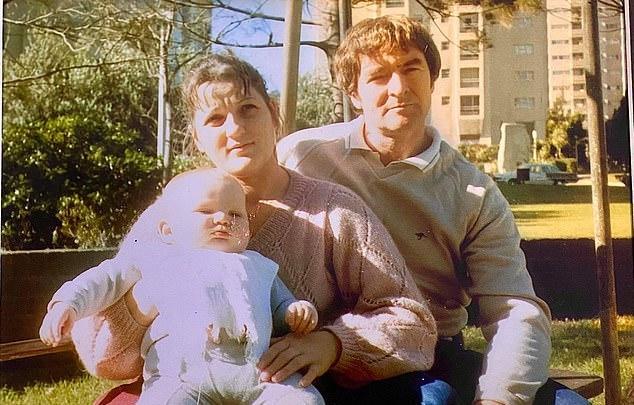

The New South Wales government and police force have announced a $1 million reward for information on the unsolved 1980s “gay hate” murder of martial arts expert Raymond Keam.
Keam, 43, was killed in a suspected homophobic hate crime on 13 January, 1987.
The father-of-four’s body was discovered by a member of the public in the grass at the northern end of Alison Park, in the eastern suburbs of Sydney, Australia.
A post-mortem at the time found that he had died from severe head injuries in an area where gay men were being violently targeted at the time, and a later inquest ruled that he was murdered.
But in the 34 years since his death, no one has ever been charged with his murder.
New South Wales police want to provide the family of Raymond Keam with
‘answers’
Announcing the $1 million reward, the New South Wales government admitted that authorities at the time may have been “dismissive” of the case because of Keam’s suspected sexuality.
New South Wales minister for police and emergency services David Elliott said in a statement: “Raymond Keam was a young father of four children when his life was viciously taken more than three decades ago in Sydney’s east.
“We acknowledge that there was a dark and violent period in our state’s history when people were dismissive of suspected hate crimes and NSW Police have been working tirelessly to ensure every possible resource available is utilised when reviewing and reinvestigating these cases.
“It is my hope that the NSW Government $1 million reward will encourage any member of the public that may have information about Raymond’s murder – not matter how big or small – will come forward.”
Homicide squad commander detective superintendent Danny Doherty added: “A reinvestigation into the murder of Raymond Keam has commenced, with officers now re-examining all available physical and forensic evidence and re-interviewing key witnesses.
“Detectives are particularly interested in speaking with anyone who may have been a victim of an assault or who may have witnessed assaults at Alison Park, Randwick, in the years prior to and after Raymond’s death.
“After more three decades, investigators hope to be able to provide Raymond’s family – including his four children – with some answers.”